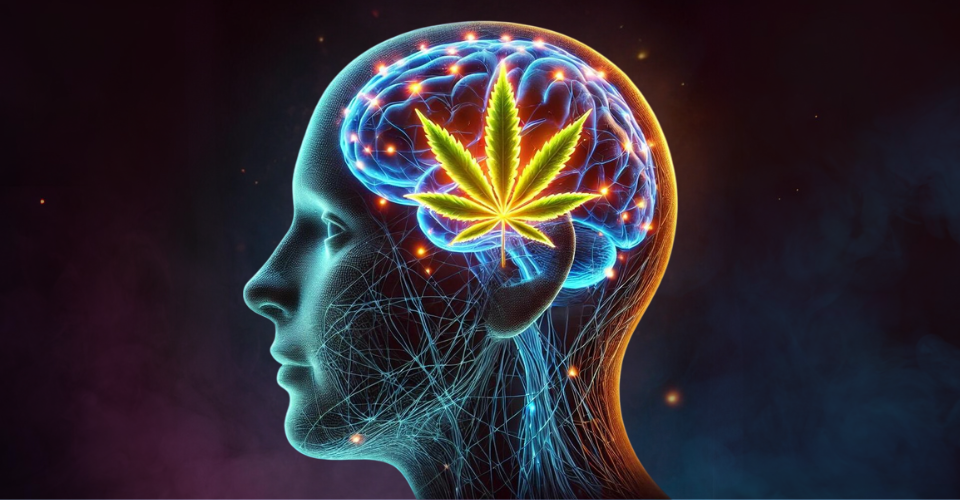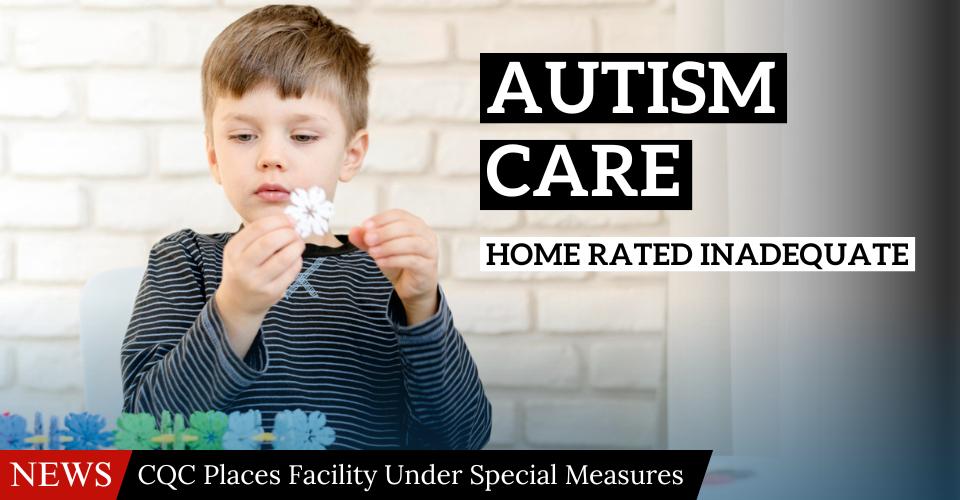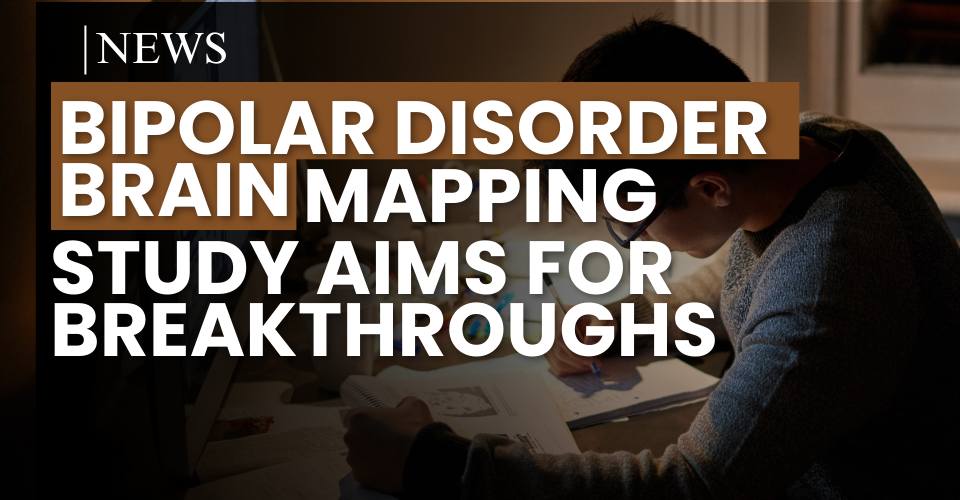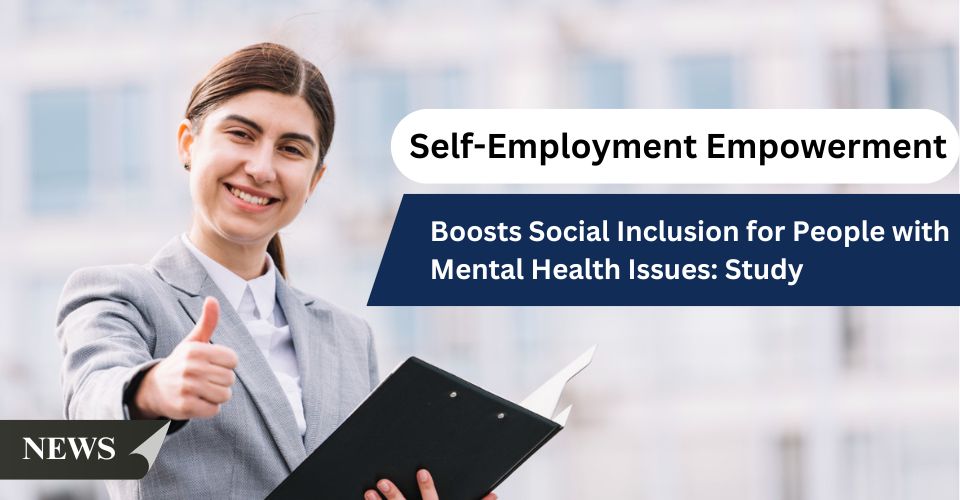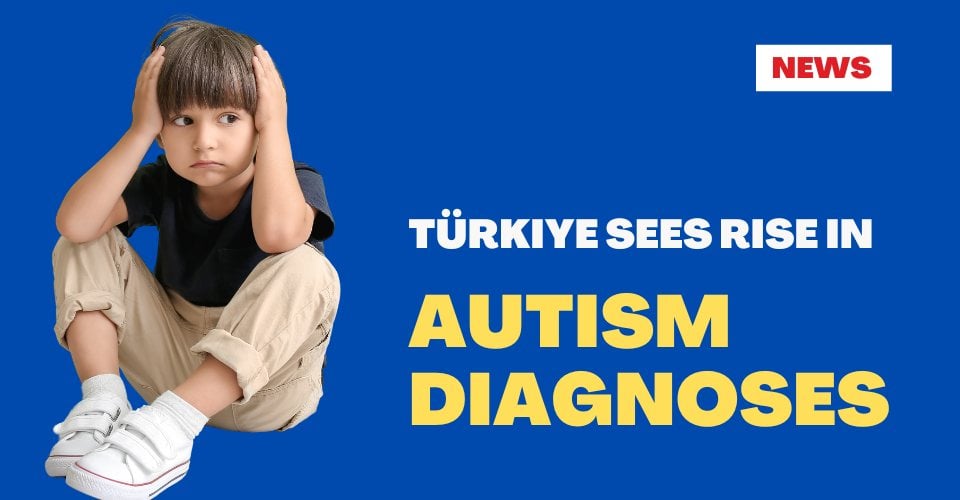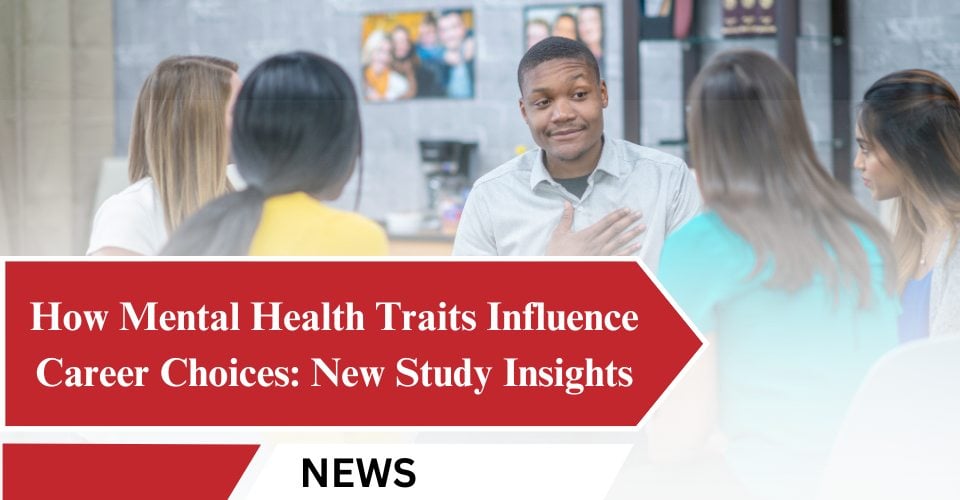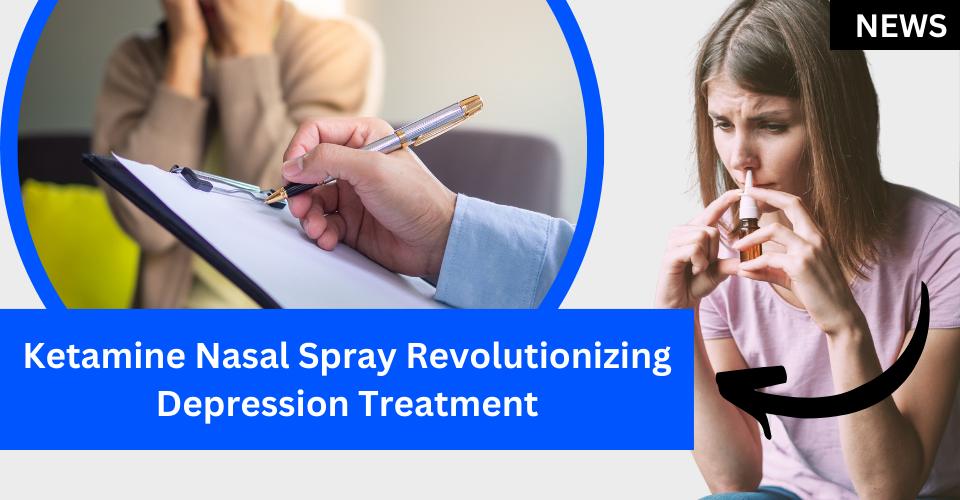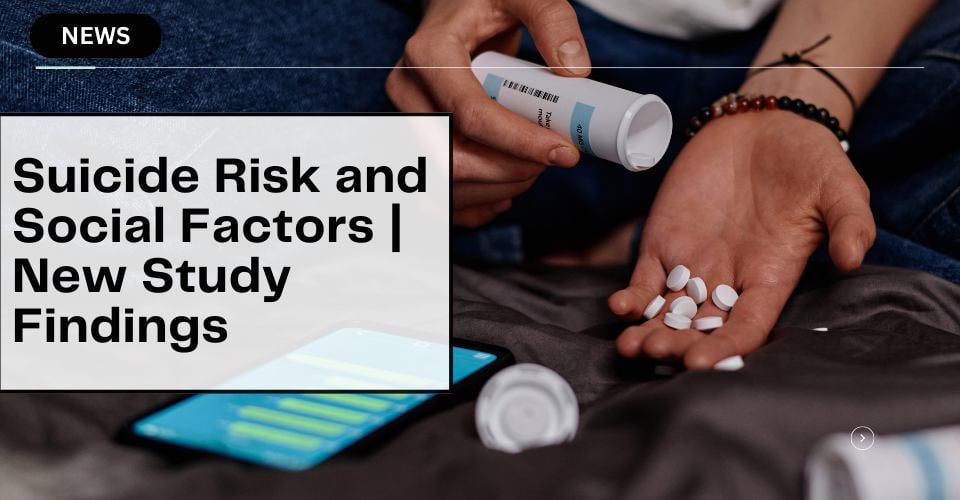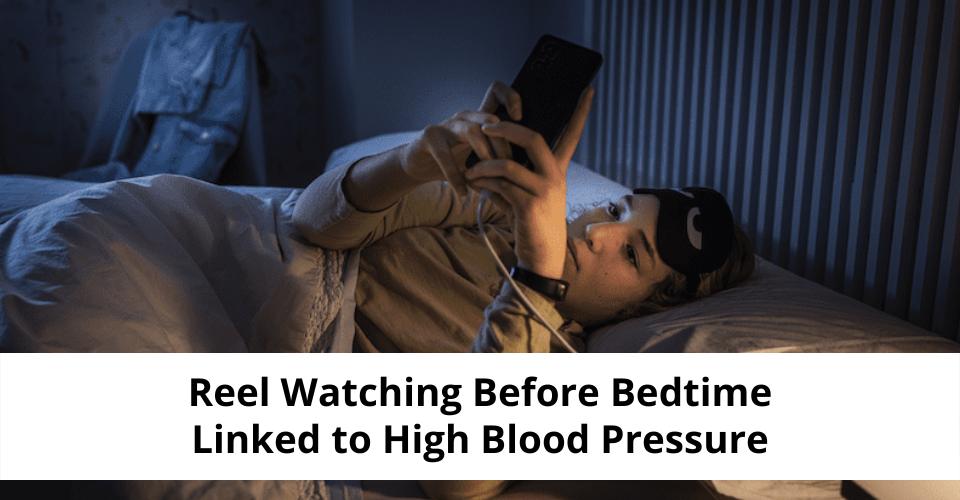Conduct Problems and Social Engagement as Key Predictors
According to a recent publication in Psychopharmacology, adolescents who have conduct problems and are socially engaged with their peers are more likely to use cannabis in the future. Furthermore, there is a strong possibility that cannabis use during adolescence may lead to increased hyperactivity and inattention symptoms, though these effects seem to decline with age.
Adolescence: A Critical Period for Brain Development
Brain structures essential for cognitive and emotional development undergo significant transformations during adolescence. Given that this is one of the most frequently used illicit substances at this stage, it has the potential to interfere with these developmental processes. However, it is not clear what effect marijuana has on developing brains of teenagers and therefore detailed research is needed.
Ascertaining Behavioral And Psychological Traits
The researchers aimed at ascertaining whether cannabis use was predicted by preexisting behavioral and psychological traits or if it contributed to the emergence of such traits. This distinction is basic for preventive measures, be it identifying those who can be risked on basis of their behaviors or social dynamics or mitigating overuse.
According to Inês Macedo, a PhD student at the University of Porto’s Laboratory of Neuropsychophysiology and author of the study, “Psychoactive substances have been part of human life since time immemorial. Today, marijuana is one of the most commonly used drugs; hence understanding its long-term effects especially when initiated in early life i.e., during adolescence which is a very critical period for brain development matters much. Through research we can assist people make informed choices.”
IMAGEN Study Data
Data from IMAGEN study were employed by the researchers; this study involved 2341 youngsters from England, Ireland, France and Germany in longitudinal design. The participants were subsequently assessed using various psychological instruments as well as neuroimaging techniques at ages 14 years old (baseline), 19 years old and 22 years old.
Participants were required to have not used alcohol or nicotine, or those who did described minimal use, at the base line assessment (age 14). Exclusion criteria included using any illicit substance more than twice or reporting the use of a fictitious substance. Therefore, there were 1946 drug-naïve adolescents with 164 using cannabis by age 19.
Behavioral Traits as Predictors of Cannabis Use
In fMRI sessions participants performed the Monetary Incentive Delay (MID) task that assesses brain activity during reward processing. This involved responding to cues signaling potential monetary gains thus allowing researchers to evaluate activity in such brain regions as ventral striatum and prefrontal cortex.
The study showed that some behavioral traits at age 14 predicted cannabis use by age 19. Adolescents who reported higher conduct problems scores and lower peer problems scores had greater likelihood of using marijuana. Violent rule breaking acts for example, are captured under conduct problems whereas issues with friends is represented by peer problems.
“Those kids who had very little peer problems at 14 years old were more likely to start smoking cannabis in about five years!” That was what Macedo told PsyPost. “It is possible that being more social would mean that one is exposed to more people who are giving them pressure or have criminal activities with classmates leading to the popularity of marijuana use later.”
Cannabis Use Associated with Hyperactivity and Inattention
At age nineteen, there was greater hyperactivity and inattention among cannabis users as compared to non-users. Conversely, symptoms of this nature progressively went down within the same period given that by twenty-two years old, there were no significant differences between those who continued using marijuana and those who stopped for a month at least. This shows that while adolescent marijuana use could heighten certain behavioral symptoms, such changes may not be lifelong.
“We found that kids with poorer peer relationships but who got into trouble with adults some more will smoke pot when they grow up,” explained Macedo. “We also noticed how during adolescence our cannabis exposed participants became more restless, and inattentive as well; however, this effect seems to diminish over time.”
Long-Term Effects and Future Research
Contrary to predictions, no differences in reward-related brain activity nor cognitive function at age 14 were detected between future cannabis users and non-users. Moreover, these measures did not change significantly by age 22 among those who used cannabis implying that light marijuana use might not harm brain functioning or thinking skills throughout this age bracket.
“There are some limitations in our study,” said Macedo. “There was a lot of missing data particularly on neurocognitive measures explaining the insignificant results obtained here. Alternatively we could increase the number of heavy users if we wanted these findings to be representative.”
The long-term effects of cannabis use on the brain as well as whether these effects can be reversed with abstinence form part of Macedo’s ongoing PhD project. “We need more funds for longitudinal studies that follow subjects from before they even start using cannabis,” stressed Macedo. “These will be important in determining the actual effects of marijuana on the brain while excluding them as attributable to pre-existing individual differences.”
The research titled ‘Light Cannabis Use and the Adolescent Brain: An 8-year Longitudinal Assessment of Mental Health, Cognition, and Reward Processing’ was conducted by Inês Macedo, Tiago O. Paiva, Rita Pasion, Laura Daedelow, Andreas Heinz, Ana Magalhães, Tobias Banaschewski, Arun L. W. Bokde, Sylvane Desrivières, Herta Flor, Antoine Grigis, Hugh Garavan, Penny Gowland et al., Rüdiger Brühl Jean-Luc Martinot Marie-Laure Paillère Martinot Eric Artiges Julien Mace Frauke Nees Dimitri Papadopoulos Orfanos Tomáš Paus Luise Poustka Sarah Hohmann Nathalie Holz Juliane H Fröhner.

